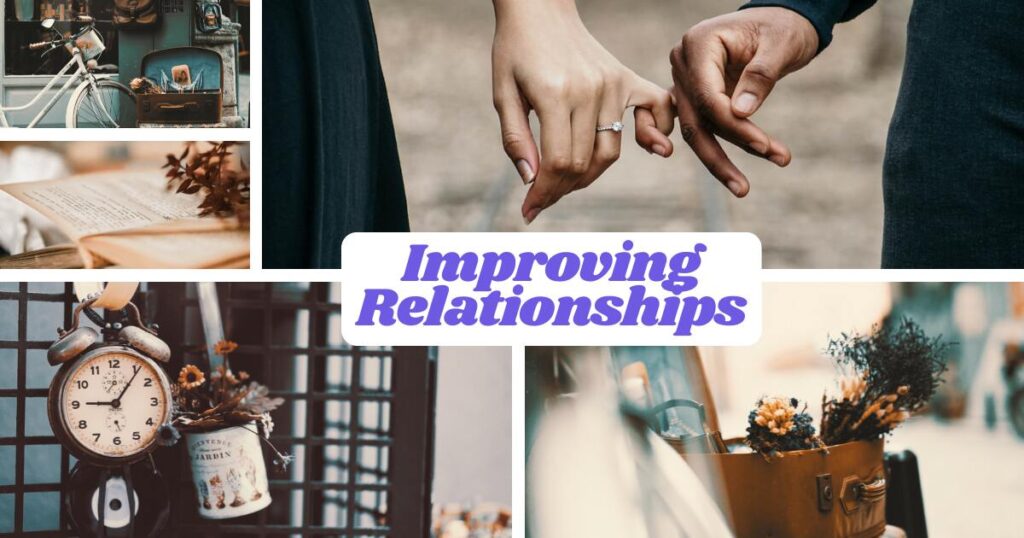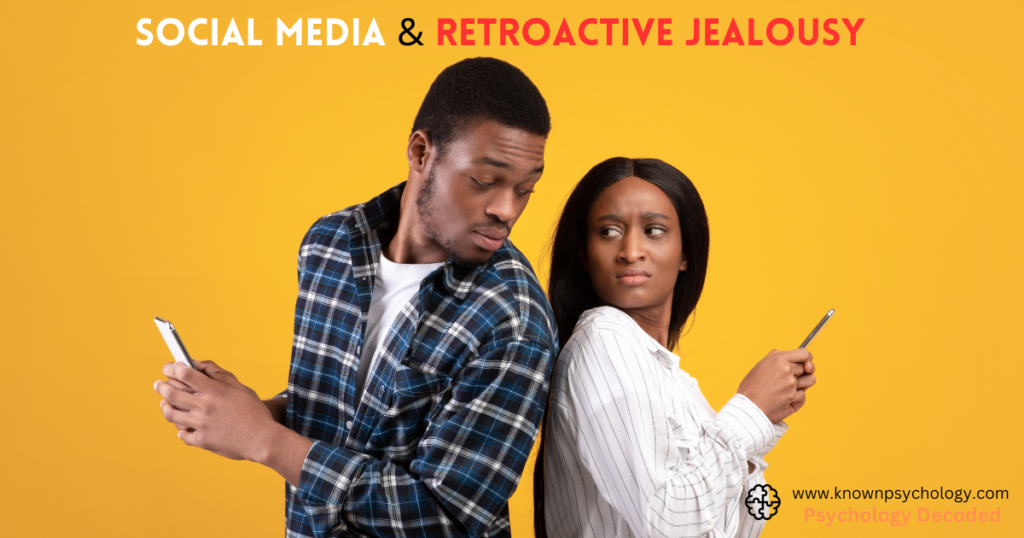
Find out the prehistoric technique of playing Google Memory Game for improved relationships and brain health with Alexa-Enabled Tips
Introduction
We are always in a hurry; going here, there and everywhere (singing Baby Shark), living the 24/7 life. Being attentive to the small stuff and keeping relationships alive is a lifelong ability. In this article, we bring you the most excellent Google Memory Game that enhances your memory. You will also read how knowledge in behavioral dynamics and psychology can help to improve vital aspects of your life!
Interact with Google Memory Game
Google Memory Game:
One of several Google memory games that fall to brain training societies, it is a game about focus. These games consist of memory boosting exercises like code breaker, odd one out and mirror flip. These methods of training show a study time and again the results from centuries worth case evidence that is scientific.
This property of the human brain is absolutely necessary for any memory training game to work – It’s called neuroplasticity. It has to do with the way your brain is able reorganize itself by forming new neural connections throughout life. Memory games improves the neural pathways of encoding and retrieval. The result of this stimulation is faster retrieval, and therefore better memory performance for a healthier cognitive system.
The Psychology of Memory
Memory processing is though multifaceted and determined by a range of psychological influences. Encoding is the first step to take in learning and storing information such that it enters into our memory. Attention, motivation and emotional significance are crucial factors that influence the way a memory is encoded or retrieved later.
Empathic self-understanding in psychological research focuses on the effect of schemas and cognitive structures upon memory. A schema A schema is a cognitive framework or concept that helps organize and interpret information. This means that when we relate new knowledge to what we already know, it becomes easier to recall. This principle underscores the importance of building on prior knowledge to enhance learning and retention.
Interpersonal Dynamics & Easy To Improve Relationships
Interpersonal relationships require trust, empathy and a good communication. It is not enough to have positive exchanges, or frequent contact time with another; even familiarity within common social circles height for example: family and friends. Memory plays a key role; recalling personal details shows you pay attention, which is crucial for fostering meaningful relationships.
Furthermore, memory knowledge account for clearing up conflicts and prevents misunderstandings within a relationship. Having the ability to accurately remember prior interactions and agreements allows people to negotiate situations in a manner that is fairer on all sides, ultimately greasing relationship wheels.
Practical Aspects in Daily Life

Memory enhancement has practical application beyond a private, personal relationship to work and the activities of daily life. Better memory improves productivity by allowing you to remember tasks, deadlines and what your client wants from the workplace. Improved academic performance through memory training Helps you to remember what you study and all the other things around it-It organizes your learning which means in advance preparation for exams.
Memory enhancing techniques can also help individuals in daily life, remembering the routines of one’s everyday activities such as a schedule with mobility timetables and making appointments (also fixing schedules to remember government services) more effectively organize information. Memory games as well as cognitive exercises can be included to the routine of individual so that they may still remain sharp and flexible even during old age.
The Cogitative Perks of Enhanced Memory
In terms of the practical benefits alone, improving memory through cognitive training can make a huge difference in your life. There is some evidence that suggests doing challenging cognitive activities in old age could help to reduce the risk of getting mild cognitive impairment or dementia. Strengthening brain function which is good for our overall mental cognitive health, memory training also helps in expanding neuroplasticity effects and offers a way to stimulate the brain.
The psychological benefits are that those who improve memory skills will have a greater sense of self-worth, confidence and control over their mental faculties. Increased Memory retention also enhances adaptive learning strategies, which allow people to learn new skills and knowledge more efficiently.
Difficulties and constraints
As much as memory training and psychological understanding will be invaluable, it’s important to recognize potential pitfalls of such an approach. The effects of memory enhancement programs may be limited since participants do not all respond equally, and individual differences in cognitive abilities and learning styles vary the impact. Additionally, coffee is not enough; sustained memory improvements and better relationships over time take more work – continuous practice or adapting to different circumstances.
Ethical issues and the risk inherent in applying memory enhancement tools, particularly within medical or therapeutic applications should also be carefully weighed. If you would like to know what memory training methods may suit your particular case, it is better not to experiment alone and go either to healthcare professionals or cognitive psychologists for personalized advice.
Conclusion
So, in the end, the collision of Google Memory Game with Human interaction skills and Psychology in this golden fire meets gas environment hugely contributes to better memory while also making us connect. Please still your mind and reflect on all of these important opportunities, then imbue yourself with proven ways that will generate sharper cognition, deeper interpersonal relationships, more meaning in each aspect of our life.
When she claimed that by serving lifelong learning and utilizing cognitive resources, it nurtures personal well-being but also creates a more durable world where people rely on one another. As technology advances, new opportunities will arise to improve memory and human connection through personal development and social relationships.



Sports can dominate the TV schedule, making it feel like other types of programs get pushed aside. As someone who loves a mix of content, I’ve found it a bit overwhelming too, especially when sports events are so heavily promoted. But the rise of platforms like https://livetv689.me/ has really helped balance things out for me. It offers free access to a variety of live sports from all over the world, without needing cable. Whether you’re into football, basketball, or even more niche sports, it gives you the flexibility to tune in without sacrificing other interests. It’s a great option if you’re looking for something cost-effective and easy to use, and it’s a relief to have choices beyond the traditional TV setup. Definitely worth checking out if you’re into live sports but also want to explore other shows.